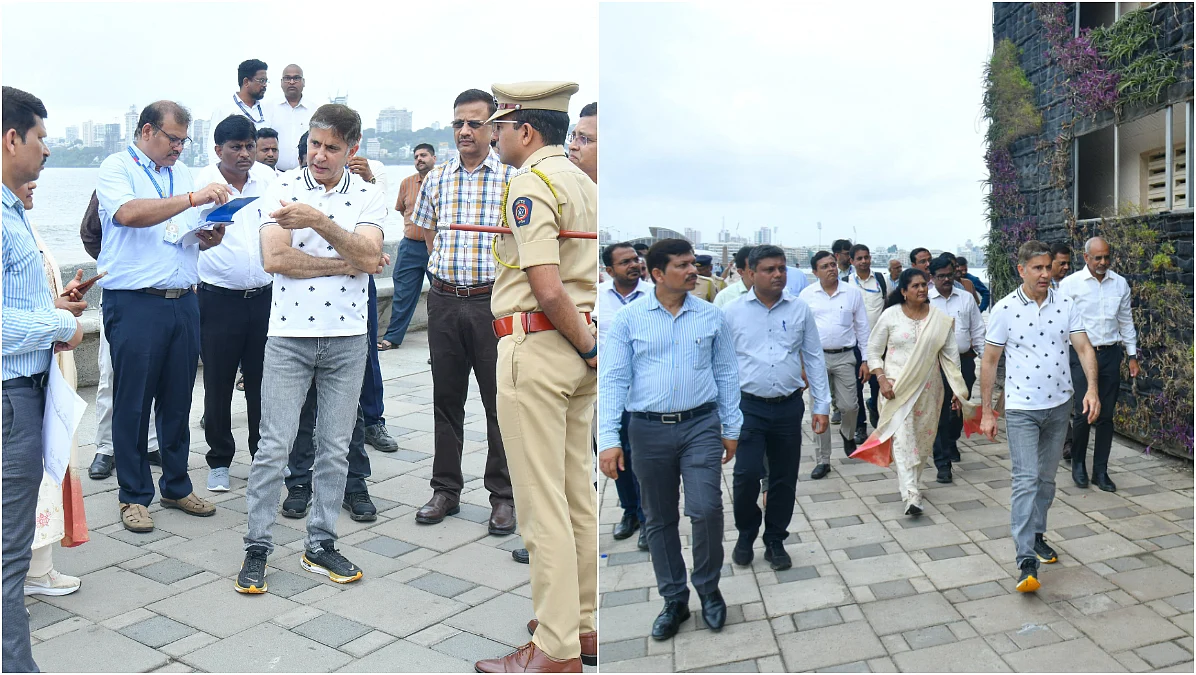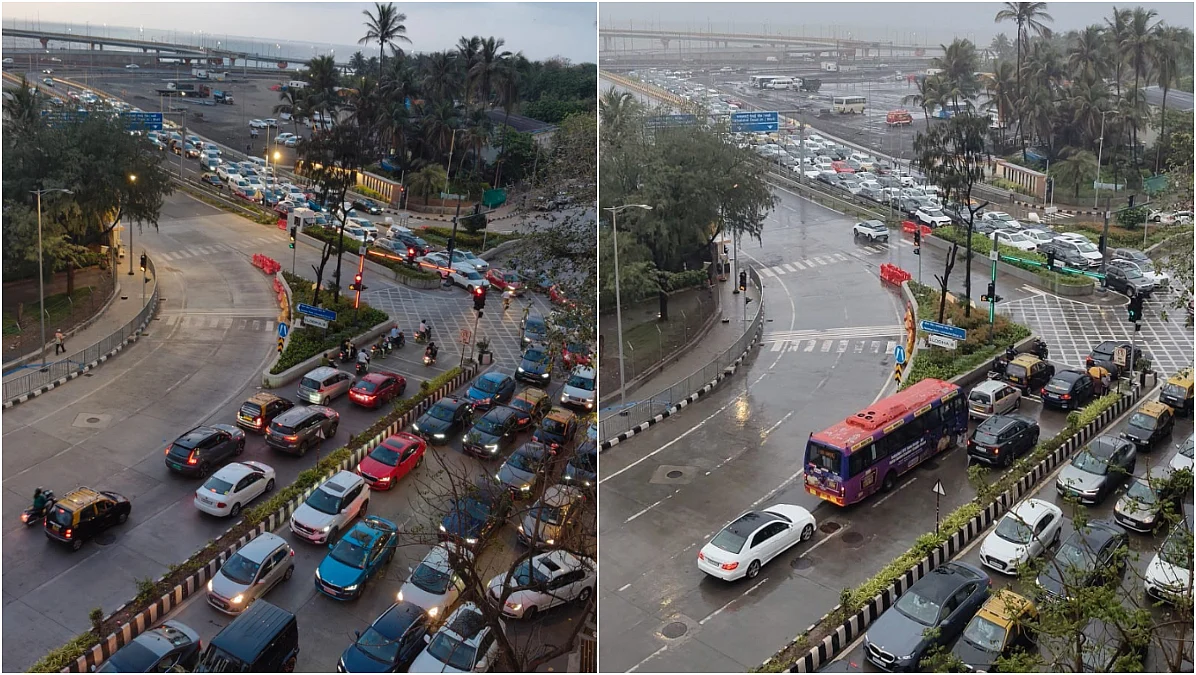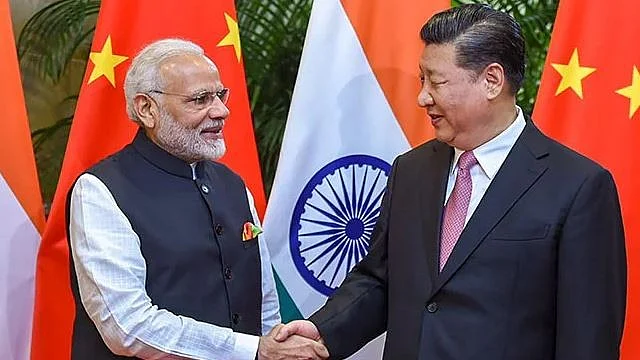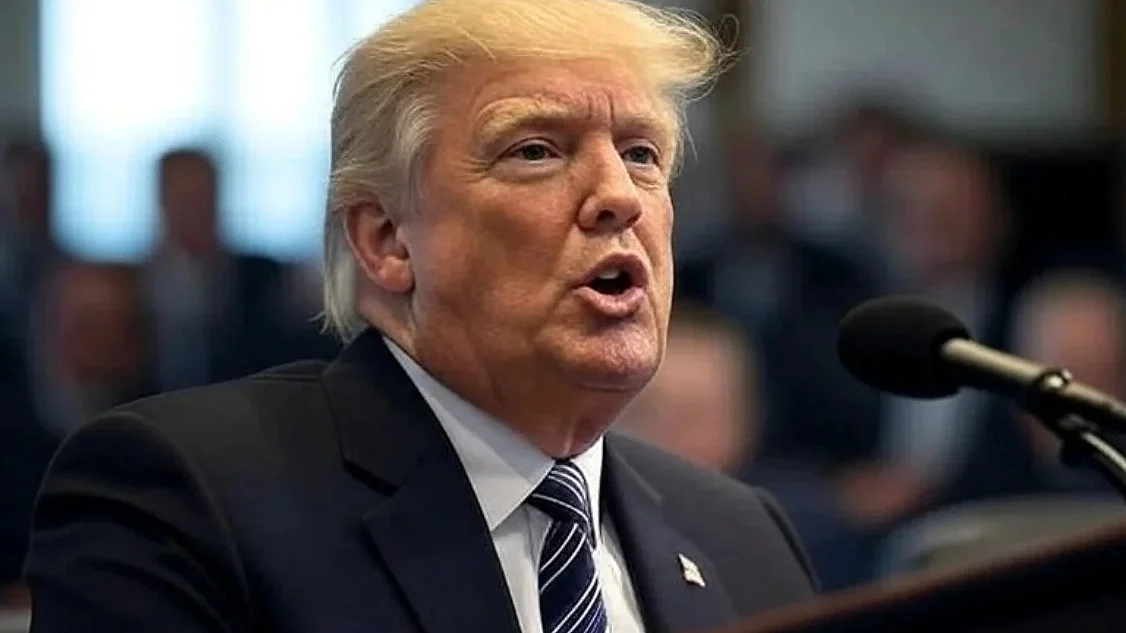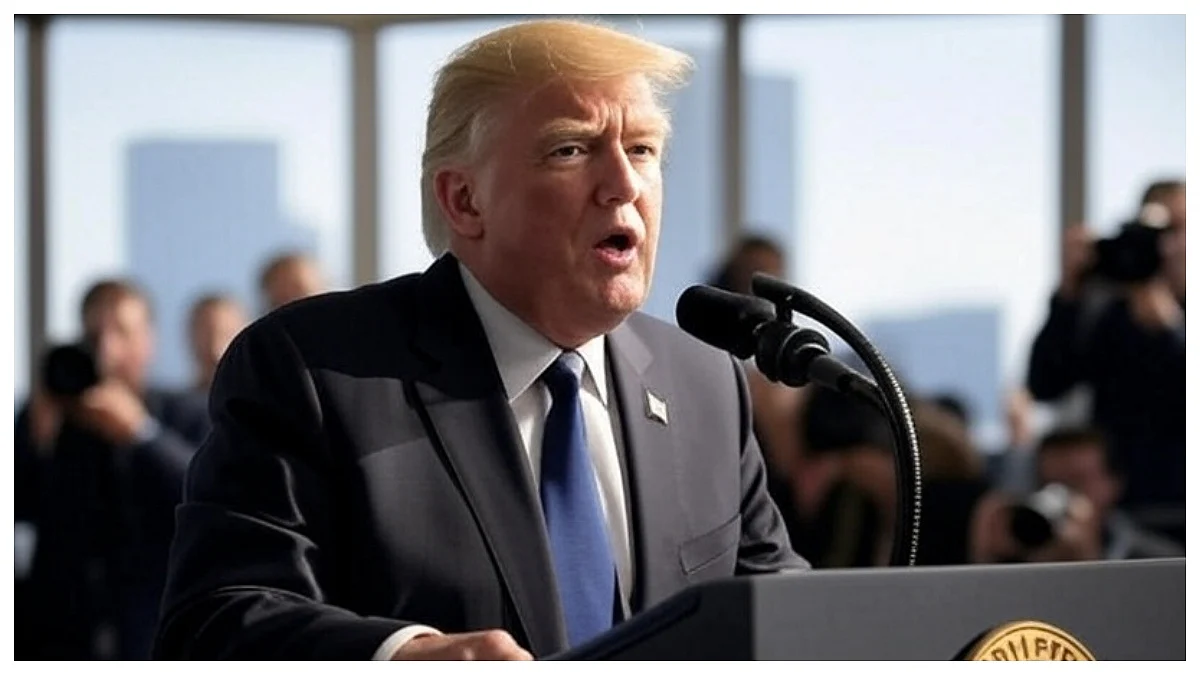Beijing: China has expressed strong reservations regarding the recent joint naval exercise conducted by India and the Philippines in the South China Sea, emphasising that territorial and maritime disputes should be resolved solely by the countries directly involved.
In a statement issued by the Chinese Foreign Ministry spokesperson Lin Jian, the ministry further expressed that there should not be any "third-party" involvement in the region.
"Disputes over territory and maritime rights and interests should be settled through negotiation and consultation by countries directly concerned, and no third party is in any position to interfere in that," Jian said in a statement on X on Wednesday.
The statement was a veiled reference to India's recent joint naval exercise with the Philippines, where three Indian Naval Ships, INS Delhi, INS Shakti and INS Kiltan of the Eastern Fleet, took part for operational deployment in Southeast Asia. The exercise was led by Flag Officer Commanding Eastern Fleet, Rear Admiral Susheel Menon.
On Tuesday, India reiterated its steadfast position on the South China Sea, asserting its support for freedom of navigation, overflight, and legitimate commerce through the region, which it views as part of the "global commons", noting that the stance is rooted in international law, particularly the 1982 United Nations Convention on the Law of the Sea (UNCLOS).
During a special press briefing on the occasion of the state visit of the President of the Philippines, Ferdinand R. Marcos Jr, to India, the Ministry of External Affairs (MEA) stated that India has a long-standing interest in peace and stability in the Indo-Pacific, underscoring that any disputes in the region should be resolved peacefully, without the threat or use of force, and through legal and diplomatic means.
MEA Secretary (East), Periasamy Kumaran, highlighted that discussions on the Code of Conduct (CoC) in the South China Sea should be effective, substantive, and inclusive of the interests of all stakeholders, including those not party to the negotiations.
"Our position on the South China Sea is clear and consistent. We consider the South China Sea as a part of the global commons, and we support freedom of navigation, overflight in the region and legitimate commerce through the waters of the South China Sea. India has an abiding interest in peace and stability in the region, and our position is based on the UN Convention on the Law of the Sea (UNCLOS) 1982," Kumaran stated.
"India also believes that any difference between the parties concerned should be resolved peacefully by respecting the legal and diplomatic processes and without resorting to the threat or use of force. We have also said that the discussions on the code of conduct that come out of these discussions should be effective and substantive, and it should also take into account the interests of the parties, which are not part of the COC negotiations. The PM himself had said in his joint statement that 'We support the freedom of navigation based on international law'; that broadly sums up our policy there," he added.
This remark came following a statement by the Spokesperson of China's People's Liberation Army's Southern Theatre Command calling out the Philippines for organising "joint patrols" with "external countries", noting that these exercises undermine regional peace and stability.
"The Philippines has been rallying an external country to interfere in the South China Sea by organising so-called 'joint patrols', which undermine regional peace and stability. PLA Southern Theatre Command's forces remain on high alert, resolutely defending national territorial sovereignty and maritime rights and interests," the Spokesperson said.
(Except for the headline, this article has not been edited by FPJ's editorial team and is auto-generated from an agency feed.)


